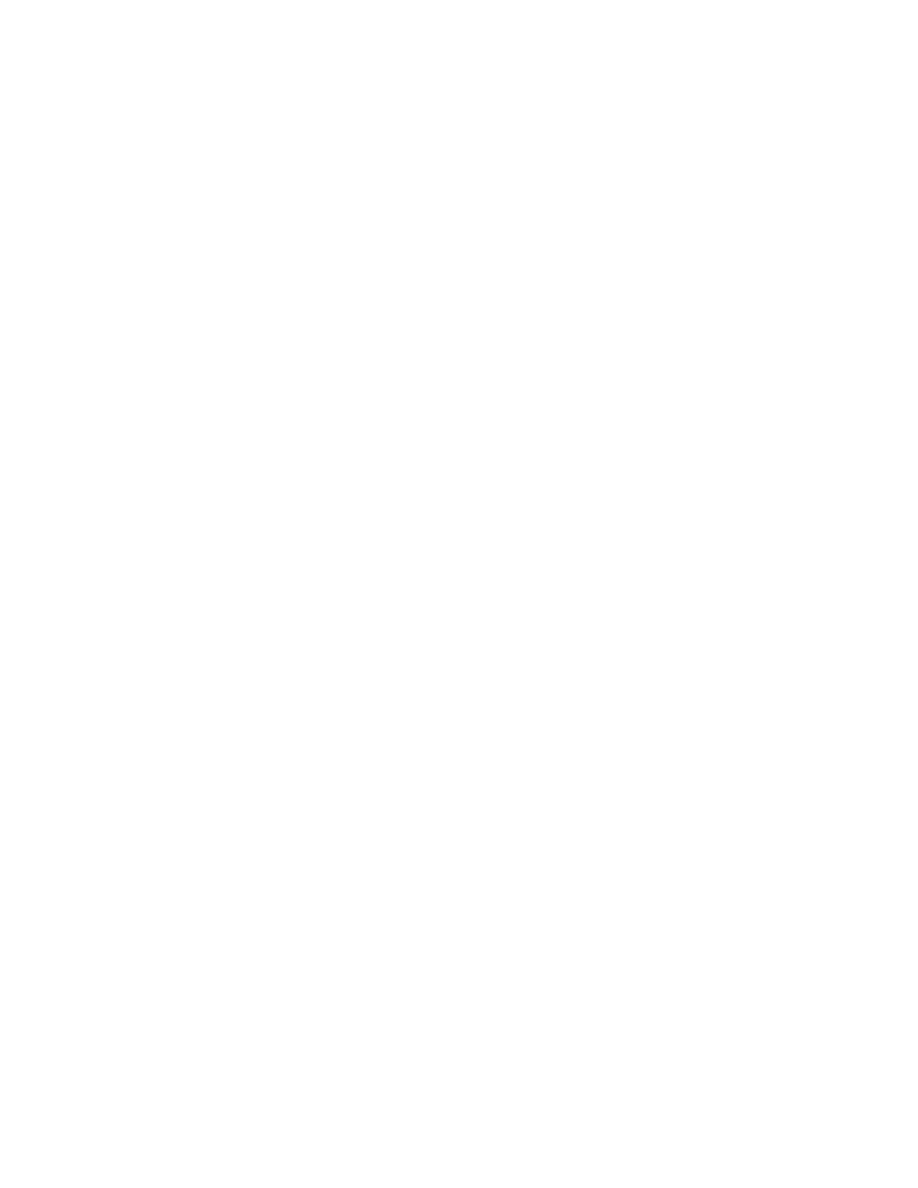G 1500 1/2 Ton Van V6-4.3L VIN W (1997)

Fuel Supply Line: Service and Repair
Purging Feed and Return Pipes
REMOVAL PROCEDURE
1. Disconnect the fuel feed and return pipes at the fuel injection unit. Refer to Fuel Hose and Pipes.
IMPORTANT:
-
Inspect the in-line fuel filter for contamination.
-
Replace the fuel filter if it is plugged.
2. Disconnect the in-line fuel filter. Refer to In-Line Fuel Filter.
IMPORTANT:
-
Use only oil free compressed air to blow out the fuel pipes.
-
If the in-line fuel filter is plugged, inspect the fuel tank internally and purge if necessary.
3. Clean the fuel lines by applying air pressure in the opposite direction of fuel flow.
INSTALLATION PROCEDURE
1. Install a new strainer (if necessary) on the fuel sender assembly. Refer to Fuel Sender Assembly
NOTICE: Do not fold or twist the strainer when installing the sending unit. This action restricts fuel flow.
2. Install the fuel sender assembly with a new seal into the fuel tank.
3. Install the fuel tank. Refer to Fuel Tank.
4. Disconnect the fuel feed pipe at the fuel injection unit.
5. Connect a hose to the fuel feed pipe at the fuel injection unit. Insert the other end of the hose into a 3.8 liter (one gallon) fuel can.
6. Connect the negative battery cable.
7. Add twenty-three liters (six gallons) of clean fuel into the fuel tank.
8. Purge the fuel pump and lines.
9. Using a fused jumper, connect the fuel pump test terminal to B+ to operate the fuel pump. Operate the fuel pump until 2 liters (1/2 gallon) flows
into the fuel can.
10. Remove the jumper.
11. Connect the fuel line at the fuel injection unit.
12. Check for fuel leaks
12.1. Turn the ignition ON for 2 seconds.
12.2. Turn OFF the ignition for 10 seconds.
12.3. Again, turn the ignition switch to the ON position.
12.4. Check for fuel leaks.
